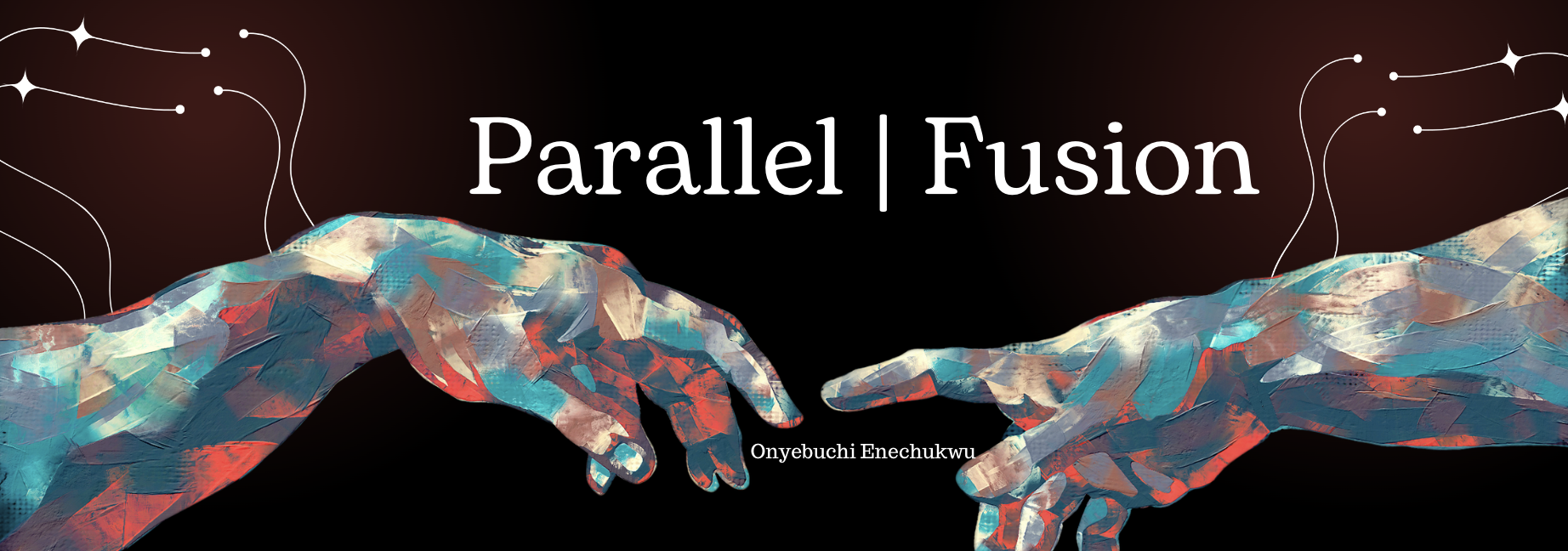The Magical Point

Reflecting on my group work for the Interdisciplinary Futures, which we presented this week, makes me appreciate the significance of interdisciplinarity. I first learned about related terms in the healthcare sector; there, we use multidisciplinarity. During my employment in a health facility, we usually held a multidisciplinary meeting that involved our surgeons, theatre nurses, and ward nurses. I attended the meetings on several occasions. It was beautiful to see how different specialisations in the medical field were teaming up to provide a seamless service to her orthopaedic patients. I appreciated the initiative. However, this was different from the new concept I had learned -interdisciplinarity.
Within the past few weeks of resumption in Edinburgh, the interdisciplinary futures course made me see this difference. At first, the difference between multidisciplinarity (MDT) and interdisciplinarity (ID) was blurry, but this was minimised after the readings. During the group work, a team made up of people from different backgrounds, viz, chemistry, technology with design, political science, and visual arts, the confusion faded. But at first, I wondered how we could agree on an idea central to all of us. I could recall asking myself, how do we want to achieve something that is very central to the four disciplines? However, it became clear that the difference was going to be the catalyst needed.
MDT was parallel, but ID is ‘fusive’. ID had the goal of gaining new knowledge. Interestingly, we achieved an idea through our collaborative efforts—a device (which we have not named). A more interesting thing I learned during the group work is that, on the ideation board, no one idea is exceptional. To arrive at an impressive product, each of us thought around each person’s suggestion. While we were critical, we were also constructive with our criticisms. It was during this exercise that the magic was born. It makes me think about how some certain ‘disciplines’ that interested me lately came to be born: nanochemistry, biochemistry, biomedical informatics, etc. I see an intersection of the disciplines in each of the new knowledges. This reflection dimmed the challenge.
Interdisciplinarity, therefore, has become an interesting mantra for me. I see why it is important to have different disciplines working together not only in educational activities but beyond. While I think around these random thoughts, I feel interdisciplinary studies would need to be encouraged in the academic and corporate fields. I can imagine how much we can achieve!
But then again, will all new ideas be birthed through interdisciplinarity?
Is multidisciplinarity bad?
End



